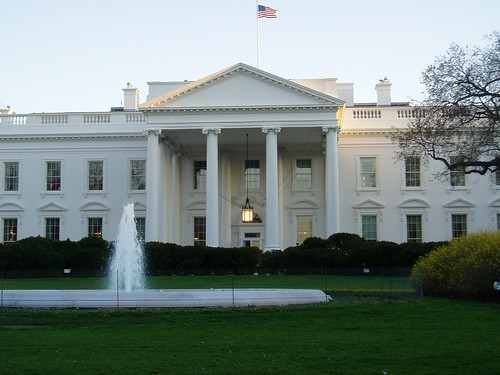 |
| Photo Credit: David McDermott |
Here is what he says:
"The truth of calling is as vital to our ending as to our beginning. It is an important key to finishing well because it helps us with three of the greatest challenges of our last years of life. First, calling is the spur that keeps us journeying purposefully— and thus growing and maturing—to the very end of our lives.
People make two equal but opposite errors about life as a journey and faith as the Way. On one side, usually at the less educated level, are those who prematurely speak as if they have arrived. Such people properly emphasize the certainties and triumphs of faith but minimize the uncertainties, tragedies, and incompletenesses. Having come to faith, they speak and live as if they have nothing more to learn. All truths are clear-cut, all mysteries solved, all hopes materialized, all conclusion foregone—and all sense of journeying is reduced to the vanishing point. There are seemingly no risks, trials, dangers, setbacks, or disasters on the horizon. Or so they seem to talk.
On the other side, usually at the more educated level, are those who are so conscious of the journey that journey without end becomes their passion and their way of life. To such people it is unthinkable ever to arrive, and the ultimate gaffe is the claim of finding a way or reaching a conclusion. Like the perennial seekers we met earlier, for them the journey itself is all. Questions, inquiry, searching, and conquering become an end in themselves. Ambiguity is everything.
Yet the Christian faith has an extraordinary balance between these extremes. As those responding to God’s call, we are followers of Christ and followers of the Way. So we are on a journey and we are truly travelers, with all the attendant costs, risks, and dangers of the journey. Never in this life can we say we have arrived. But we know why we have lost our original home and, more importantly, we know the home to which we are going.
So we who are followers of Christ are wayfarers, and though we have found the Way, we have not yet come to our destination. We may retire from our jobs, but there is no retiring from our individual callings. We may cut back from our public responsibilities, but there is no cutting back from our corporate calling as the people of God. Above all, we may reach the place where we can see the end of the road, but our eyes are then to be fixed more closely on the one at the end of the road who is Father and home. As Henri Nouwen wrote, “He who thinks that he has finished is finished. Those who think they have arrived have lost their way.”"Guinness, Os. The Call: Finding and Fulfilling the Central Purpose of Your Life (pp. 241-242). Thomas Nelson. Kindle Edition.


